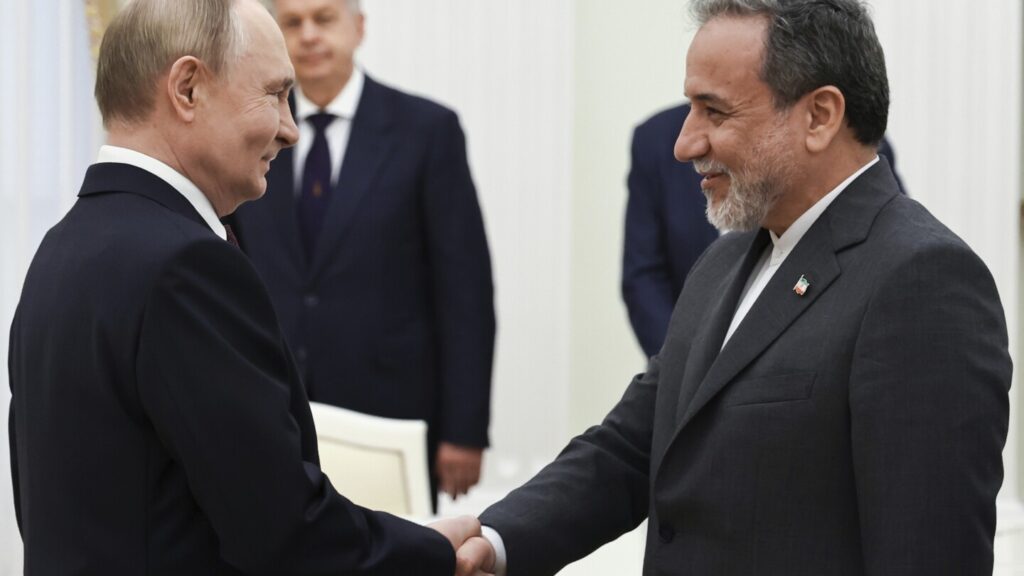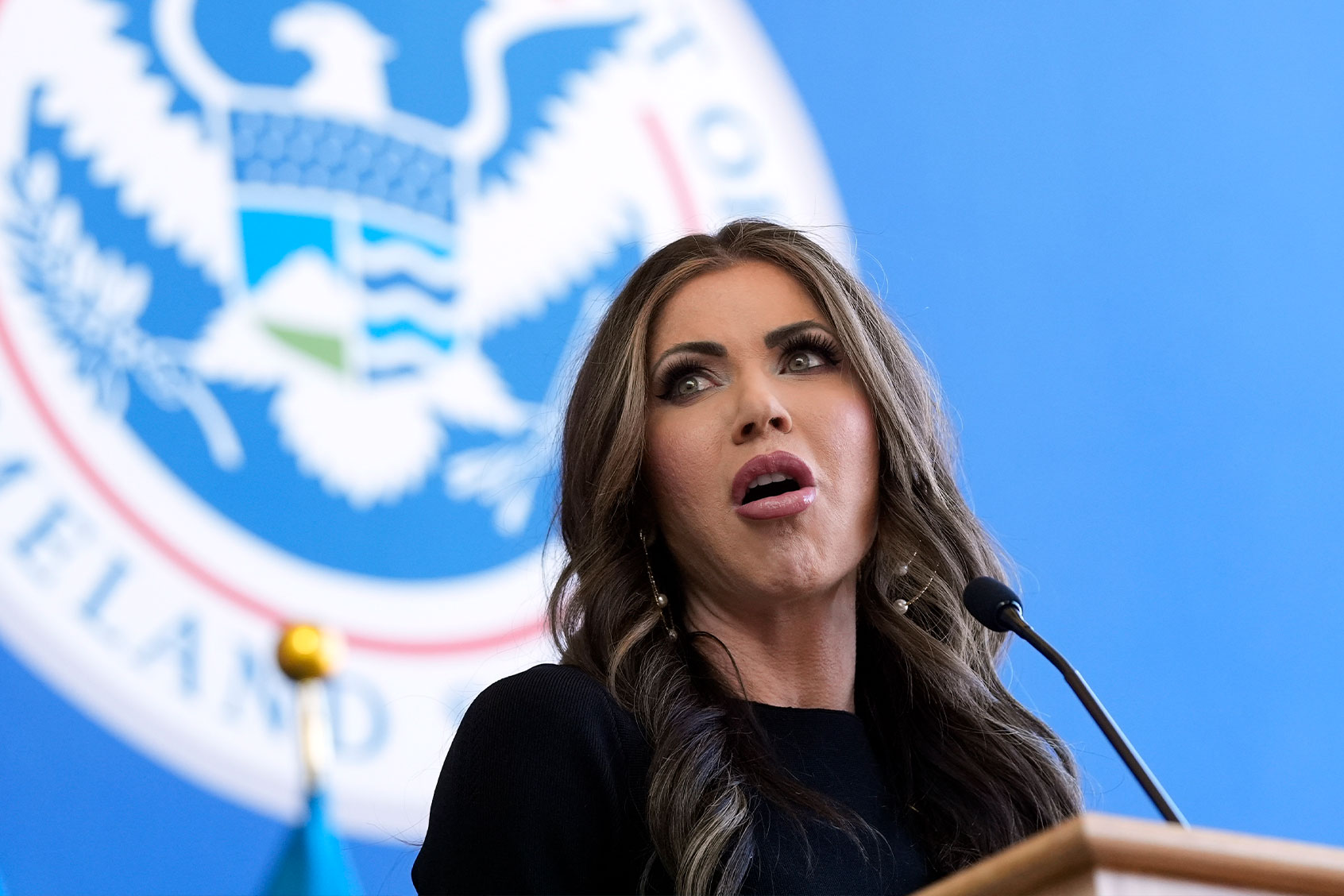
MOSCOW – As tensions flare between Iran and Israel, Russia’s role in the Middle East comes under scrutiny. The United States’ recent involvement alongside Israel in targeting Iran’s nuclear sites has sparked outrage from Moscow. Russia’s U.N. ambassador condemned the actions, warning of opening “a Pandora’s Box,” while Iran’s top diplomat sought support from President Vladimir Putin.
Immediate Impact
In a meeting with Iranian Foreign Minister Abbas Araghchi, President Putin denounced the strikes as “unprovoked aggression” but offered no military support. Analysts suggest this muted response highlights Russia’s waning influence in the region, where it has already lost significant allies and seeks a delicate diplomatic balance.
Key Details Emerge
Despite the lack of military aid, analysts believe Russia could benefit short-term from the conflict through increased oil prices and a shift in global attention away from its ongoing war in Ukraine.
“Russia’s influence in the Middle East is fading, and this conflict could further diminish its standing,” said Renad Mansour, a senior research fellow at Chatham House.
An Ally in Need of Help
Russia’s ties with Iran have deepened since Putin’s full-scale invasion of Ukraine in 2022, with Tehran providing Shahed drones and technology. These drones have been pivotal in Russia’s military strategy.
Background Context
In January 2025, Moscow and Tehran signed a strategic partnership agreement to bolster economic, political, and military ties. However, the agreement falls short of a mutual defense pact, disappointing Iran amid ongoing Israeli attacks.
“Iran expected more support from Russia, especially against formidable foes like Israel and the U.S.,” Mansour noted.
Regional Implications
Russia’s balancing act extends beyond Iran. It seeks to maintain amicable relations with Israel, with both nations active in Syria and cautious to avoid direct confrontation. Israel’s neutrality in the Ukraine conflict, due to its large Russian-speaking population, adds complexity to Moscow’s regional strategy.
Industry Response
Russian Foreign Minister Sergey Lavrov stated Moscow is prepared to help settle the Israel-Iran conflict but will not act as a mediator. Meanwhile, Moscow’s relationship with Washington is warming, complicating its stance on Iran.
“Russia’s inability to assist Iran raises doubts about its reliability as a partner,” said Arman Mahmoudian, a research fellow at the Global and National Security Institute.
What Comes Next
The ongoing conflict presents new challenges and opportunities for Russia. Rising oil prices could bolster Moscow’s economy, while the distraction of Western powers might aid its objectives in Ukraine. However, Russia’s failure to support Iran could impact its relationships with other regional players like Egypt and Turkey.
As the situation unfolds, Russia’s actions could have long-term consequences for its influence in the Middle East. The Kremlin’s ability to maintain its alliances and navigate these geopolitical complexities remains uncertain.
Davies reported from Manchester, England. Kirka reported from London. Associated Press writers Melanie Lidman in Tel Aviv, Israel, and Edith M. Lederer at the United Nations contributed to this report.







